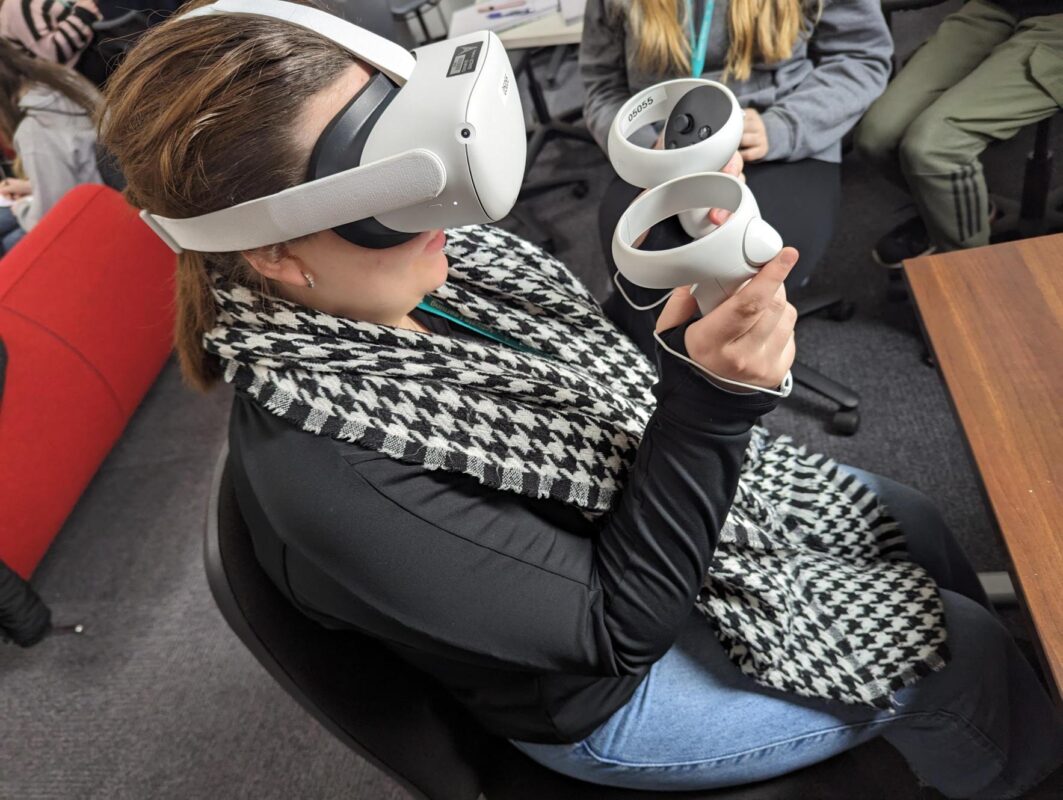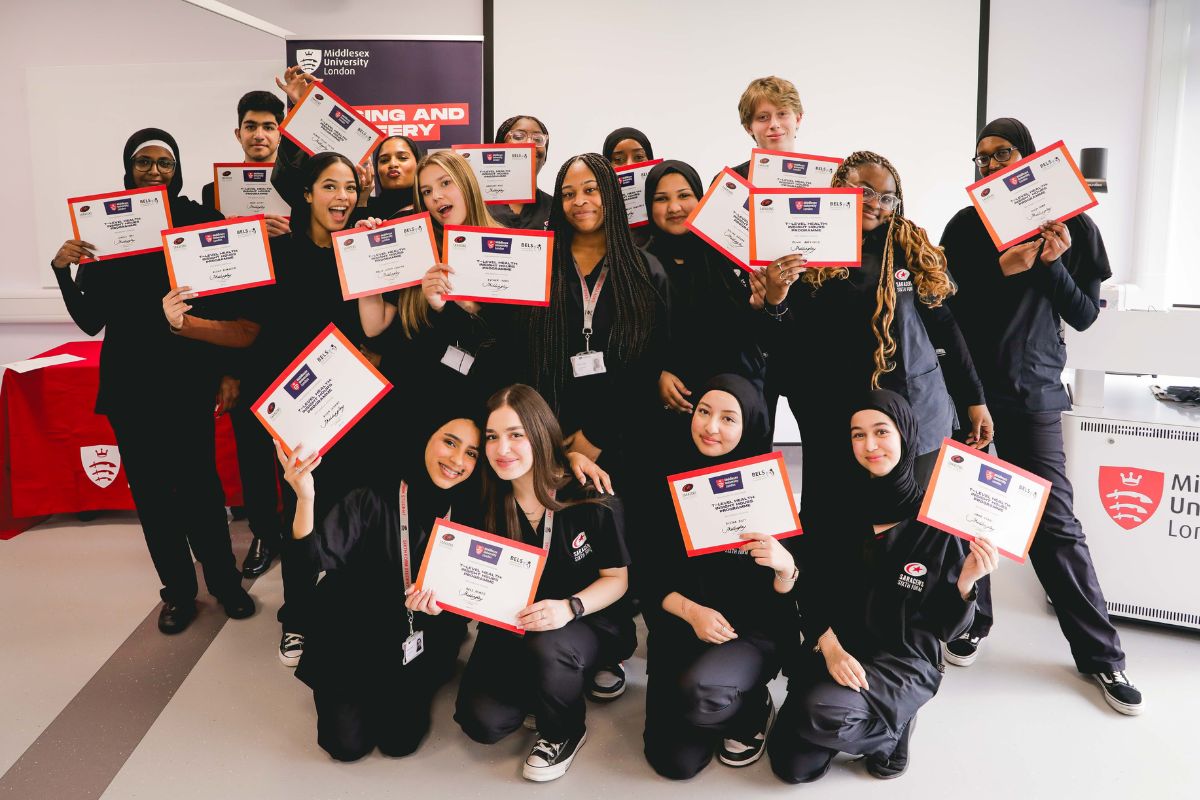University admissions processes are a legalised form of discrimination

If I apply for a job and am turned down because of my background or ethnicity, the people at the company to which I applied can expect to have their collars felt. And yet, these same criteria are crucial, albeit indirectly, when applying for Higher Education. There are endless familiar reports and statistical analyses on the degree to which ethnicity, poverty, the number of books in a household etc., are strong indicators of likely educational attainment. In his excellent work on Education Policy, Stephen Gorard (Director of the Durham University Evidence Centre for Education) argues for what he calls contextualised admissions. Under his idea, universities would look at whether applicants come from low income or single parent families, whether they are cared-for children, etc., as part of the admissions process. As it is, the other side of this rather unappealing coin is that according to Hesa (Higher Education Statistics Agency), fewer than 93% of students at 81 of the country’s 189 universities went to state schools. In other words, privately-educated students are significantly overrepresented considering that nationally only 7% of pupils attend private schools.
At the South Central Institute of Technology (SCIoT) we take a view which goes further than Gorard. We have an open invitation that says anyone can come to talk to us about digital education and training at whatever level to which they’re aspiring, right the way up to degree. That’s not to say we let everybody in – far from it – but we are more interested in the attitude and personality and willingness to learn than in judging solely on the basis of paper qualifications. Critically, what we then do if learners join, is to make sure that they have necessary support.
Negotiating the admissions slalom is made all the harder by the refusal of more than half of British universities to consider T-Levels as adequate qualifications in support of an application.
Nick Hillman, director of the Higher Education Policy Institute think tank, said, “Where universities are already clear that T Levels are unlikely to provide effective preparation for a specific course, they should make this really clear… otherwise, disadvantaged students in particular are likely to continue lagging behind middle-class students when it comes to entering highly selective institutions.” A big selling point for T-Levels when they were launched was that they would be of equal status to A-Levels. As independent institutions universities can, and do, choose not to see them that way. Unless there is a significant change in this discriminatory policy T-Levels will never gain the public trust and will ultimately fail. Add to that the current talk around the concept of minimum entry requirements for HE and it’s not hard to see a future where a university education becomes even more the preserve of the middle classes than it is already.
Which brings us to the other end of the scale. When someone is failed at school and doesn’t receive the requisite grades in maths and English, they generally end up at FE college where they need to be carefully nursed back to some level of self-confidence to cope with retakes. The success of FE in resurrecting the employability of these young people is very impressive. Of course, if the students don’t manage to achieve passes, this also disbars them from university entry. One might ask why universities are not themselves obliged to offer support to students in these subjects who might excel in other areas, rather than simply saying, without those grades, thus far and no further.
Government is very much focused on levelling up, but it’s frankly disappointing that its focus seems to be a very narrow, geographic one. In every town and city there are areas more deprived than the neighbouring streets and estates, where educational outcomes are predictably worse, for no reason other than family background. Rather than being proverbial ivory towers, our universities should be fully enlisted in the battle for equal opportunities across the board, and that means not only admitting those students who already have a head start in life. In the Milton Keynes College Group we have a strategy document laying out our ambitions for the coming years. The rallying cry is for us to help produce Fairer Futures for all. One of the ways in which we’re trying to do that at the SCIoT is by offering HE programmes that are full and part-time along with degree and other higher level apprenticeships and widely-recognised CPD Qualifications. We offer flexibility with face-to-face teaching, distance learning and hybrid options. The intention is to provide qualifications which are , modular and “stackable” all in the name of Lifestyle Learning whereby people can fit their studies around their existing work and family commitments. But there’s only so much FE Colleges and Institutes of Technology can do, and it’s time for universities to do more to answer the call. What’s more, they need to recognise that by limiting their selection criteria to whatever paper certificates an applicant my possess, they are potentially losing out on great minds deserving of great futures who would be a credit to their institutions.













Responses